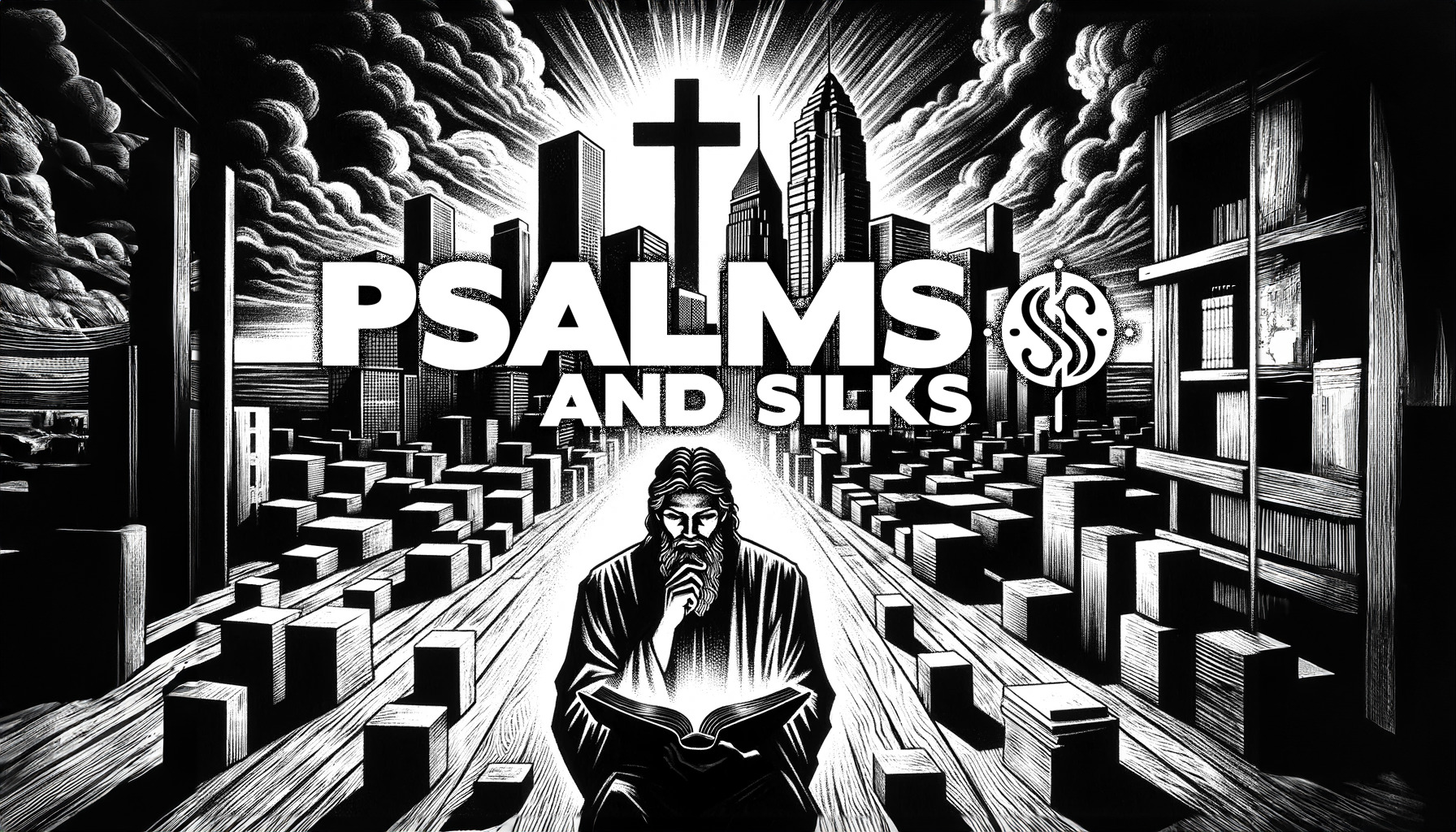
Exploring the Decline of Faith: A Christian Perspective on Modern Beliefs
In recent times, we’ve witnessed a noticeable decline in religious belief and practice, especially in Western societies. As Christians, it’s essential to understand the factors contributing to this trend and how we can respond in faith and understanding.
The Rise of Secularization
Modern society has increasingly embraced secular ideals, where religion is often seen as separate from public and personal life. This secularization has diminished the central role that faith once played in many people’s daily lives, leading to a gradual shift away from organized religion.
Scientific Advancements and Belief
The rapid advancements in science and technology have reshaped our understanding of the world. While these developments are remarkable, they’ve also provided alternative explanations for mysteries traditionally attributed to divine action, prompting some to question the need for a religious understanding of the world.
The Information Age and Faith
The internet era has brought an unprecedented access to a myriad of beliefs and worldviews. This exposure can sometimes lead to doubts or re-evaluations of one’s faith. However, it also presents an opportunity for Christians to engage with diverse perspectives and strengthen our understanding of our own faith.
The Challenge of Cultural Pluralism
Our societies are more diverse than ever. This pluralism is a beautiful tapestry of human expression but also introduces a variety of beliefs that can challenge traditional Christian views. It’s important for us to understand and respect these differences, while confidently sharing our own faith.
Disillusionment with Religious Institutions
Scandals and controversies have unfortunately tarnished the image of religious institutions for some. This disillusionment necessitates a recommitment to Christ-like integrity and transparency within the church.
Individualism vs. Communal Faith
Contemporary culture’s emphasis on individual choice and autonomy can clash with the communal and authoritative nature of organized religion. As Christians, we are called to demonstrate how communal worship and fellowship can coexist with personal freedom and fulfillment.
Changes in Family and Societal Structures
The decline in traditional family practices, including religious upbringing, has impacted the transmission of faith. This highlights the need for churches to find new ways to engage with and support families and young people.
Responding to Philosophical Shifts
The postmodern skepticism towards absolute truths poses a challenge to Christianity’s foundational claims. In response, we can offer a reasoned and heartfelt defense of our faith, emphasizing personal testimony and the transformative power of a relationship with Christ.
Economic Development and Materialism
In more affluent societies, there can be a tendency to find security in material wealth rather than in God. This materialism can be countered by re-emphasizing the spiritual richness and fulfillment that comes from a life of faith.
Seizing the Opportunity
These challenges also present us with a unique opportunity. They compel us to live out our faith authentically, engage in meaningful dialogues, and bear witness to the enduring relevance of Christ’s teachings in modern life.
In conclusion, while the decline in religious belief may be disheartening, it also calls us to a deeper commitment to our faith. We are reminded that our mission is not merely to maintain numbers but to live and share a faith that is vibrant, compassionate, and relevant in today’s world. Let us embrace this challenge with hope and determination, trusting in God’s enduring presence and guidance.




